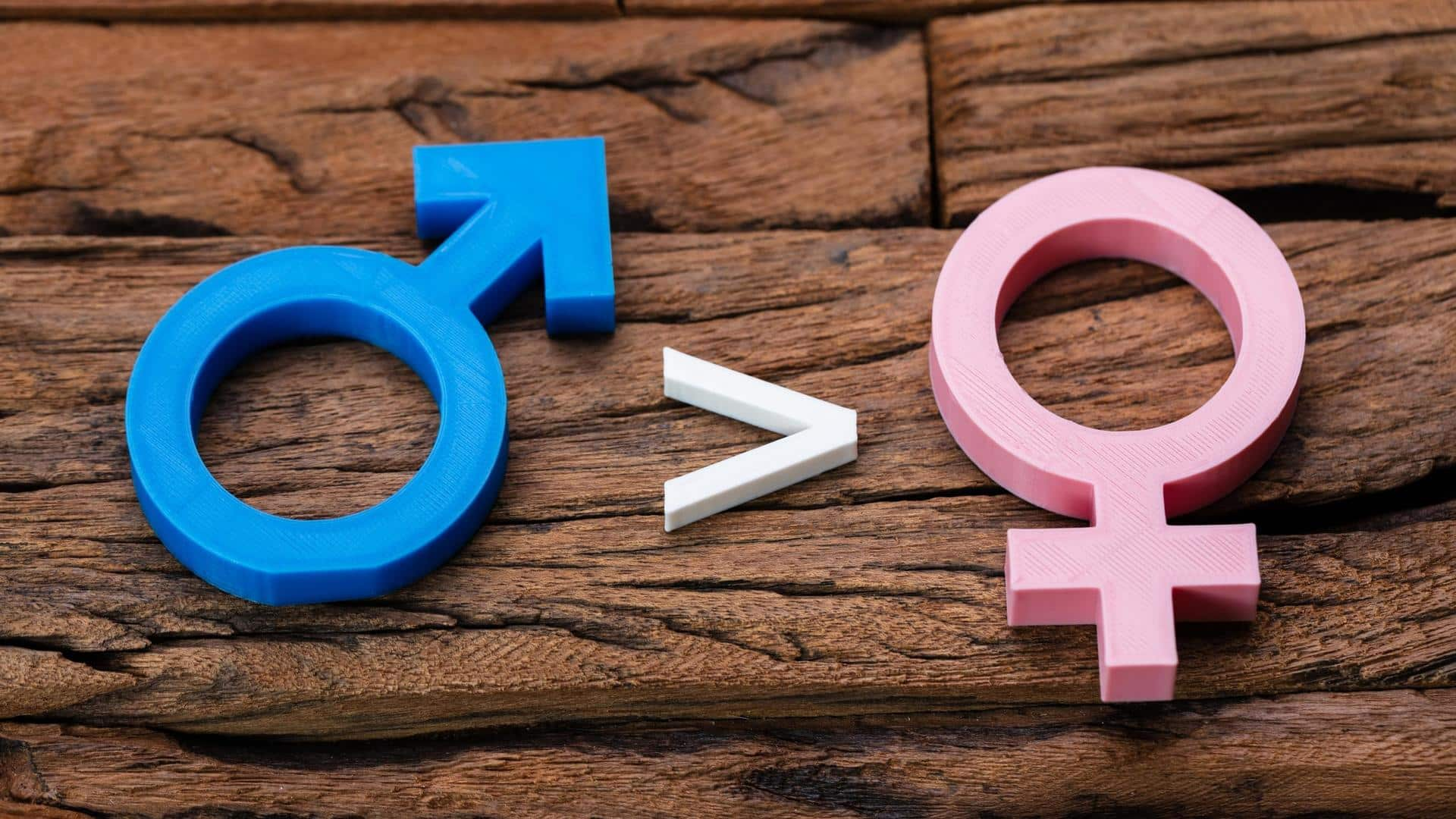
Prove-it-again: When women have to work harder to establish competence
What's the story
Women often face biases and discrimination in the workplace. Gender bias is a persistent problem that affects women's experiences and opportunities in many spheres of life. Women may face gender-based assumptions about their abilities and interests, which can result in lower pay, limited opportunities for advancement, and a hostile work environment. One such form of bias is the prove-it-again bias. Here's more to it.
By default
What is prove-it-again bias?
"Prove it again!" bias is a type of gender bias that women face commonly at work. It refers to the tendency for women to be asked to provide more evidence of their competence, skills, and qualifications, compared to their male peers. As a result, women often have to demonstrate their competence and value in order to justify their position in the workplace.
Components
What are the components of prove-it-again bias?
The components of prove-it-again bias are: Excessive skepticism: Demanding a higher standard of evidence from women, compared to their male counterparts. Stereotyping: Assuming that men and women have specific characteristics or abilities, based on biases and prejudices. Erasure: Disregarding or downplaying the accomplishments and contributions of women. Micro-inequities: Small, everyday indignities that add up over time and create a hostile work environment for women.
WoC
Do women of color face the bias more?
Women of color are often subjected to a compounded form of prove-it-again bias, where they face both gender and racial/color biases. Internationally, women of color face stereotypes and assumptions about their abilities and competence, based on both their gender and their race. This can result in greater skepticism and higher standards of evidence being applied to their work, compared to their white male peers.
Profession
In which professions do women face prove-it-again bias the most?
The chances of women facing prove-it-again bias are high, especially in male-dominated fields such as technology, finance, engineering, and science. In these fields, gender biases and stereotypes about women's abilities and interests can result in greater skepticism and higher standards of evidence being applied to their work. All women, regardless of their field of work, are at risk of experiencing it.
Overcome
How can you defeat prove-it-again bias?
Here are a few strategies that you can use to overcome the prove-it-again bias: Aim at building a strong network of allies who believe in you and can advocate for you and your work. Be confident in your abilities and accomplishments, and communicate them clearly and effectively. Keep records of your achievements and successes, and be prepared to share them when appropriate.